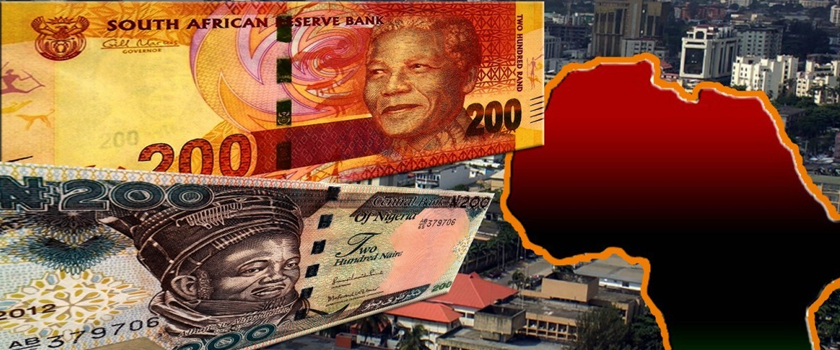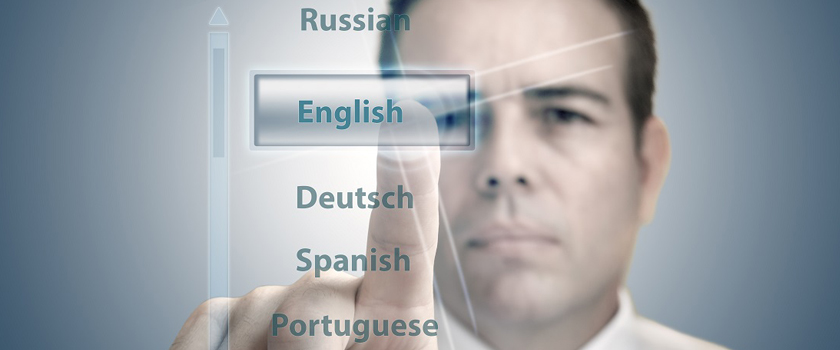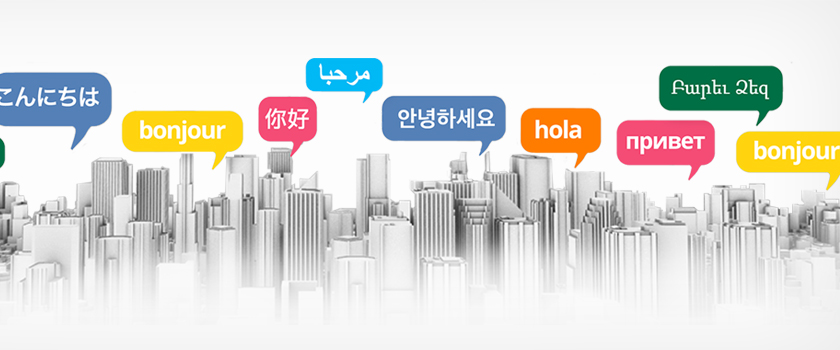2025 Offer Request a Quote Today and Grab a $50 Coupon for Free!
The translation is headstrong with modern business needs. In today's global market, it is impossible not to indulge in more than one language. As the global markets are getting bigger and bigger, the more creative a brand has to be to make a stellar selling point. Languages play a more dominant role than ever as every industry is providing (or trying to provide) for a diverse audience.
To target the new audience, you need to sound appealing in their native language with impeccable accuracy, that's when translation comes into the play. Companies hire professional translation services that suit their purpose and meet the deadlines for the project.
Translations are available for all categories, but technical translation is a difficult one to pertain to. Without having a clear understanding of the nature of the project, a translator won’t be able to get the right tone.
A technical document is highly organized and phrased with specialized terminologies. Technical content ranges within every category from science to software to engineering and even medical.
A document such as data sheets can be translated by subject matter experts, who have a high degree of knowledge and experience within the technical domain. They prefer to use technical terminologies, vocabularies and use glossaries with extended phrases and keywords. Usually, a company hires technical translation services to do the job so that the translation is highly accurate.
Some companies have high technically specialized demands. For instance, if the source content is in a highly specialized format, contains complex terms and concepts, you are likely to hire a technical subject matter expert.
Besides that, down below is the list of some of the documents which require technical translation:
The legal documents of the business (comprised of complex terminologies) can be translated by a technical translator. The linguists are natives of the region with years of experience in translating technical content for their clientele.
They can differentiate the phrases from the source language into the target language and translate them with strong clarity. For example, a standard translator may not know the difference whether the subject has a claim over the description or is just looking for a legal dispute. For seamless results, it is better to take professional assistance. Patent translations are quite common for medical, pharmaceutical, chemical, or manufacturing industries.
One of the most common and popular types of documents is manuals. Manuals are thoroughly defined and provide informational guidelines. In other words, it’s your dos and don’ts list, a customer needs to follow. But how can a Spanish customer understand English or Chinese?
To resolve the language barrier, again you need a subject matter expert. Manuals must sound objective without any subjectivity. To achieve this target you need an experienced linguist on deck.
Sometimes terminologies change in the target language or may not even exist, which requires in-depth knowledge of the formatting and translating the guidelines. However, you can’t take a risk with a regular translator.
Software translation requires developers and translators to work alongside from the very beginning. The reason is if a translator works on the content (website, mobile app, blog, etc) then it will be less expensive for the company, work will not begin from scratch.
A subject matter expert understands the need to localize and translate the software. The user interface may seem simple, but in truth, it is all about software strings and compositions, and so on. Every type of software has a technical side to it.
Failure to translate health-related protocols can doom a pharmaceutical business. Companies can be sued by the customer for millions because every minute detail is important and technical. However in manufacturing companies, employees are a valued asset, so their protection, health, and safety are regarded on a serious level.
For this very purpose, companies hire technical translators who are familiar with the inner demographics of a manufacturing site and their workings. To effectively translate a health and safety guideline document means a translator must be experienced and have an inner knowledge about every aspect.
An accurate and professional translation relies on the choice you make when you hire a translation service provider.
The translation process involves a series of steps. Besides, each type of translation has a set of terminologies that every translator comes across.
To deliver consistency in technical translation, it is important to use a translation glossary. It is an effective tool for an accurate translation. The translation glossary is self-explanatory and most commonly used for the technical document.
It eliminates any unwanted changes.
It is a database of the source language and target language. Providing extra leverage in translation, the use of translation memory is as effective as using a translation glossary. If a phrase occurs in the same or new document, again and again, it’s translation can be reused with the help of translation memory.
It works just like an encyclopedia of language. It learns and records every suggestion or new phrase and translators do not have to translate the same words again and again.
No matter the type of translation, translation memory is an effective tool. It always comes in handy to provide an accurate translation.
Machine translation keeps improving. With each new addition to technology, new updates are installed. These days translation service providers work with a hybrid approach i.e. human translators and machine translation. A collaboration between these two results in translation efficiency.
If machine translation is used by an expert, it makes editing and proofreading the documents that much easier.
You need to remember that before the translation process begins, prepare an outline of the key areas. This will help immensely when you work with the technical translation service provider;
Technical translation requires attention to detail and industry-relevant experience. Here at Mars Translation, we are providing accurate, consistent, and affordable technical translation services in a fast turnaround. Get in touch for a free quote!

On the Labour Day Holiday, 147,000,000 Plus Chinese people choose to travel around the country. Labour Day is one of the
Read more
There are 196 countries in the world in which 25 of them are very rich which shows that they are
Read more
dwg: It means a drawing file save format created by AutoCAD, and now has been the standard format of 2D
Read more
To sum up the publicity stance, sometimes the marketing campaigns do not have their envisioned result. When publishing the brand ads
Read more
The state of Assam is the king producer of tea in India; Dibrugarh is the hub of tea gardens in
Read more
Digital signage is the form of electronic display that shows information, advertising and other messages. Digital signage such as LCD,
Read more
Did you know that Malay’s official name is Bahasa Malaysia? Did you know that it is basically a parent language
Read more
Portuguese is the language that far too often gets ignored. But the truth is Portuguese is one of the world’s
Read more
For the past 5-6 years, Translation Services have seen a great boom in business. Although, large corporate firms have been
Read more

